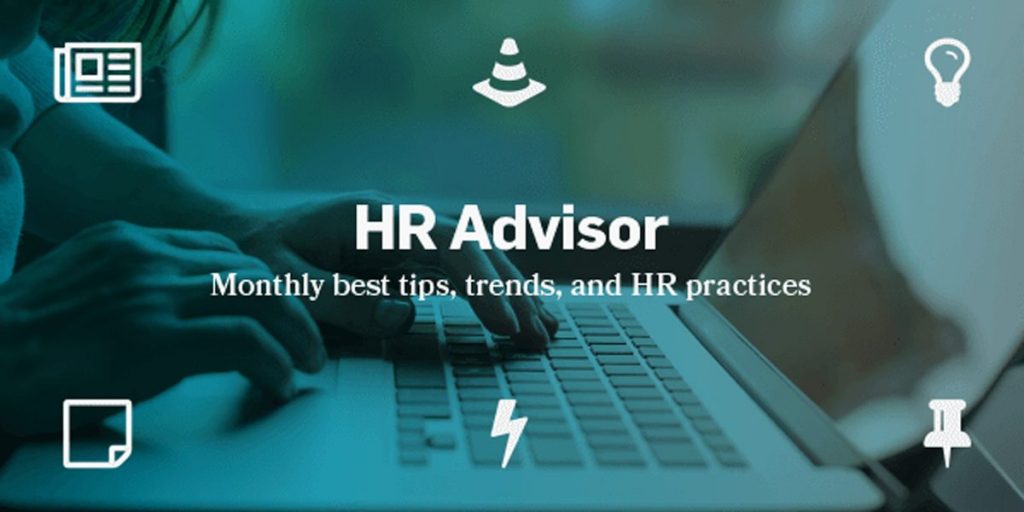Thank you for reading the HR Advisor Newsletter! This month’s edition features an article on what you need to know before disciplining or terminating an employee so that you don’t end up in a legal danger zone. You can also read about the interactive process and the DOL’s relatively new unpaid intern test. Finally, we have a few tips for you on keeping your employee handbook updated and relevant.
What You Need to Know Before Disciplining or Terminating an Employee
The prospect of corrective action or termination makes a lot of managers nervous. That’s understandable. For employees, being disciplined or losing their job can be anything from moderately embarrassing to financially devastating, but it’s rarely a happy occasion. For the employers, these actions always come with some risk, and there are plenty of legal danger zones an employer can end up in if corrective action isn’t done properly.
Here are some tips from our HR Pros to help you avoid these pitfalls and make corrective action productive for everyone.
What Is the Interactive Process, Anyway?
The Americans with Disabilities Act (ADA) requires employers to reasonably accommodate the disabilities of their employees and to engage in an interactive process when a request for accommodation is made. What is the interactive process?
 News Brief
News Brief
DOL Adopts New Unpaid Intern Test
Did you know that the Department of Labor (DOL) has a relatively new test for unpaid interns. Employers should use this test—called the primary beneficiary test—when determining if a worker can be properly classified as an unpaid intern or if they need to be classified as an employee and paid minimum wage and overtime. The test adopted by the DOL has already been in use in four federal appellate courts, most recently the Ninth Circuit Court of Appeals. The DOL’s switch to the primary beneficiary test creates a nationwide standard.
 HR Tip of the Month
HR Tip of the Month
Even if you don’t need to update your employee handbook because of new laws or changes to company policy, it doesn’t hurt to review it occasionally for clarity and tone. Many employers are working off a template they found online, perhaps many, many years ago. These old templates are often packed with legalese and stuffy language. Said handbooks should henceforth be banished! Eschew obfuscation!
If you’ve got the time and inclination (or someone on staff who does), you can really polish up your handbook and make it reflect who you are as an organization. But even if you’re relatively low on time, you can start updating policies to make your handbook sound more like it belongs in 2019. You can update your master copy of the handbook throughout the year as you have time and unveil all the freshened-up policies at once whenever you’re ready to release a new version to employees.
Check out the Policy Library in the HR Support Center—which has been completely updated since last year—to see if there are more up-to-date and concise policies that could improve your handbook.
Our HR Pros are ready to help
Have any questions about this communication?
Our team of HR Professionals is ready to help you.
|
Over the phone at: |
Online via your |
Available |
Anchor Payroll
350 Clark Drive
Suite 310
Mt Olive, NJ 07828
Additional Contacts
Phone: 800-660-7089
Email: info@anchorpays.com



